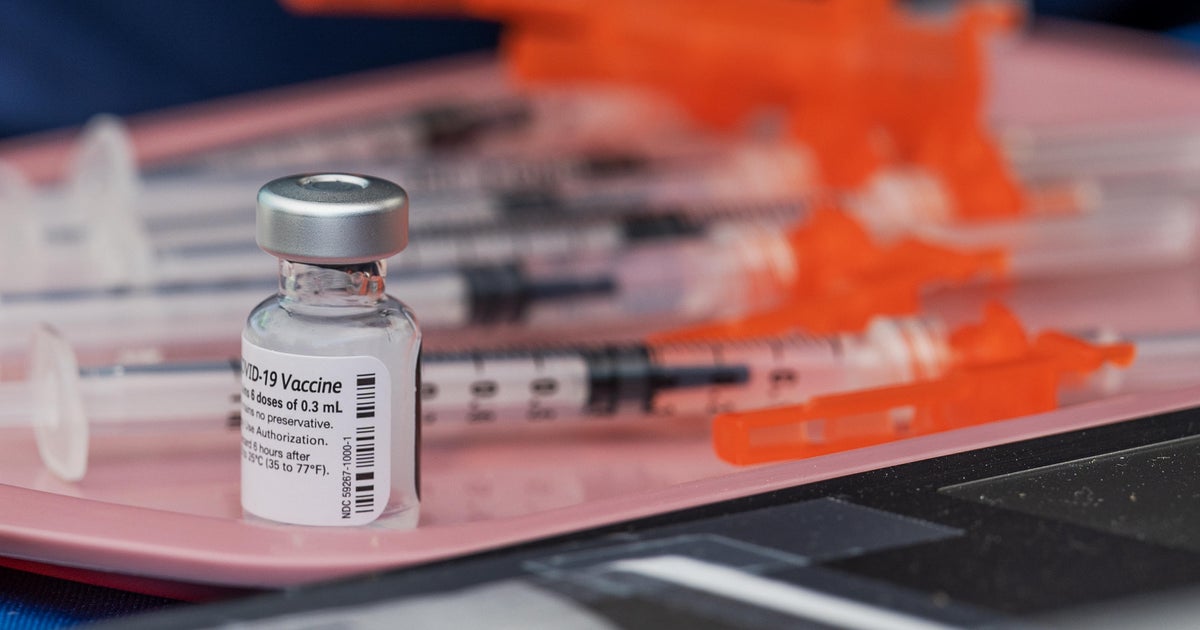A top-ranking official from the Food and Drug Administration (FDA), tasked with overseeing the approval process for new vaccines targeting three respiratory virus threats this fall and winter, recently revealed his personal plan to space out his vaccinations. Dr. Peter Marks, director of the FDA’s Center for Biologics Evaluation and Research, stated that while it is possible to receive the RSV, COVID, and flu vaccines on the same day, he may choose not to do so. Instead, he intends to get the COVID shot immediately and the flu shot in early October. Dr. Marks clarified that his decision does not contradict the guidance from the Centers for Disease Control and Prevention (CDC) allowing multiple routine shots in a single visit. This practice is commonly referred to as “coadministration” or “simultaneous administration” of vaccines. However, Dr. Marks acknowledged that receiving three different vaccines at the same time could result in more side effects, such as increased fatigue or a low-grade fever, in the days following vaccination. By spacing out the shots by approximately two weeks, the risk of interactions and confusing side effects can be minimized. This option may be suitable for individuals who don’t mind making multiple trips to the pharmacy or doctor’s office. Dr. Marks noted that if someone has to travel a significant distance to access the vaccines, it may be reasonable to receive all three at once.
Regarding the COVID-19 vaccine, Dr. Marks explained that his plan is to receive a dose of the updated vaccine. Health authorities have been fortunate enough to have a vaccine that appears to effectively protect against the current strains of the virus. As Dr. Marks put it, “It’s like having a bird in the hand.” The FDA selected the strain to target in the current batch of vaccines back in June, allowing vaccine manufacturers to scale up production in preparation for the fall rollout. Recent data suggests that these updated vaccines, modified to target the XBB.1.5 strain of the virus, also provide increased protection against closely related variants currently prevalent nationwide. Early results shared with a CDC panel indicate that these updated shots may also be effective against the highly mutated BA.2.86 variant, which has been reported in several states. While certain COVID indicators are starting to stabilize following a summer surge, a “moderate” wave may occur in the coming colder months. The CDC forecasts that this surge’s peak could arrive earlier than last season. Dr. Marks mentioned the possibility that health authorities may recommend an additional dose for certain vulnerable groups later in the fall and winter.
In terms of the flu shot, Dr. Marks disclosed that he plans to receive it in early October. This is a later timeline compared to some other health officials in the Biden administration. The CDC’s official recommendation is for flu vaccinations to be ideally offered during September or October. Dr. Marks emphasized that the protection from flu vaccines can diminish over time, which is why administering the shots too early in the season, before the threat of infection increases, is not advisable. The flu season in the U.S. typically peaks between December and February, and in some cases extends into the spring. Dr. Marks drew a parallel between the flu vaccines and COVID vaccines, stating that both have a relatively shorter period of effectiveness. Currently, CDC data shows low levels of flu activity across most parts of the country.
Furthermore, this year, some individuals have the option of receiving vaccines for respiratory syncytial virus (RSV) for the first time. Older adults aged 60 and above can receive Pfizer or GSK’s new RSV vaccines. The CDC recommends administering the shots as soon as vaccine supply becomes available. CDC data indicates that RSV infections are increasing in certain regions, predominantly in the Southeast. Additionally, a panel of CDC advisors recently recommended administering Pfizer’s new RSV vaccine during pregnancy to offer protection to newborns during their vulnerable early months. Pregnant individuals are advised to receive one dose of the vaccine between weeks 32 and 36 of pregnancy. Infants born prematurely before the upcoming RSV season may also receive a new antibody injection developed by Sanofi and AstraZeneca.
As the COVID-19 pandemic continues to evolve, Dr. Peter Marks provides insights into his vaccination plan, highlighting the importance of timing and spacing out vaccines to minimize side effects and enhance protection against respiratory viruses.
Denial of responsibility! Vigour Times is an automatic aggregator of Global media. In each content, the hyperlink to the primary source is specified. All trademarks belong to their rightful owners, and all materials to their authors. For any complaint, please reach us at – [email protected]. We will take necessary action within 24 hours.


